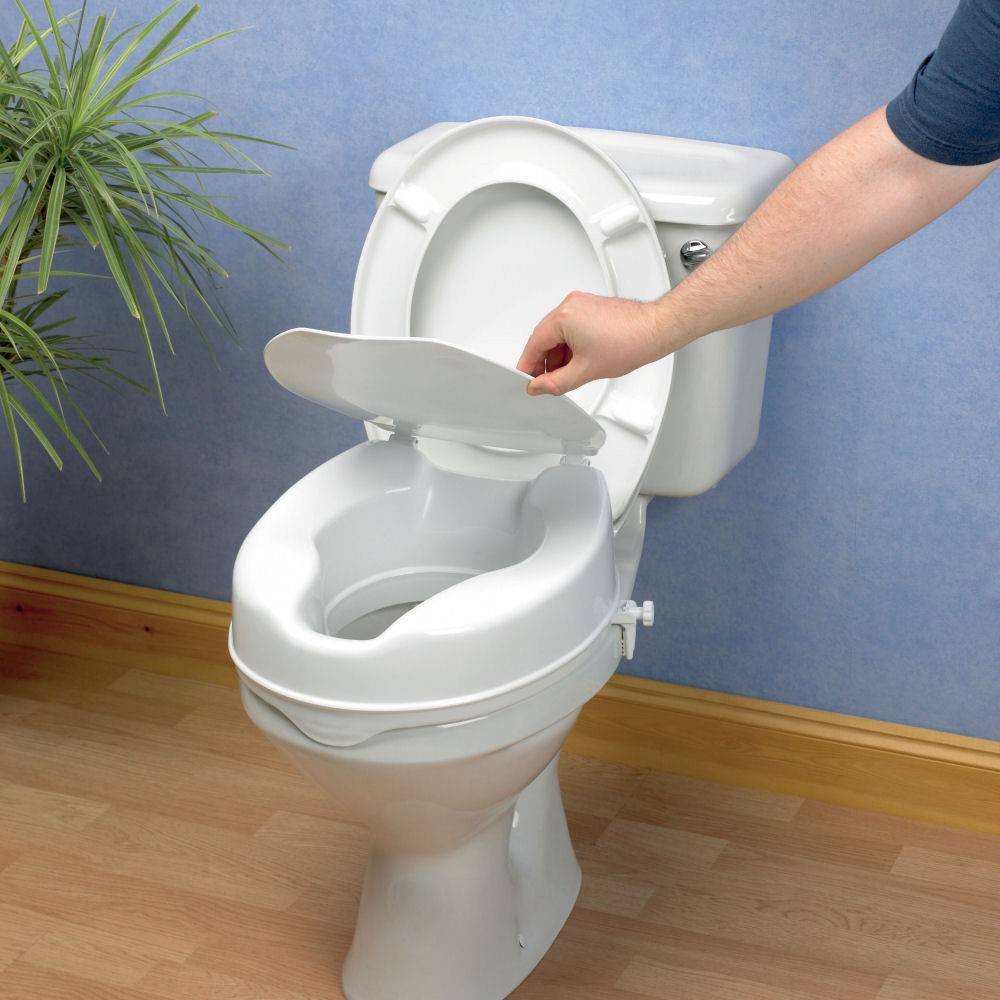
The importance of paying enough attention to bowel activities cannot be overstated. Do you know what your poop could tell about your health? Your intestine routines are a reliable indicator of how well your gastrointestinal system is working. Variations in the color, shape, and consistency of your poop can indicate infection, digestive disorders, or even more chronic health problems including cancer. Doctors frequently request a stool sample from the patients since it might reveal a lot about their health. The visual appearance of your stool reveals information about what is going on in your system and can alert you to problems. Your excrement must be brown, with the tint varying based on what you’ve eaten that day.
Here’s what can your poop tell you about your Health:
Variations in Color
Amongst the most prevalent issues people have is a variation in stool color. Food coloration and the bacterium that live in your bowel can both induce such alterations, with additional food colorings being a common reason. This is one of the reasons why patients who are having a colonoscopy just before are advised to avoid foods and drinks with particular additional colors. Doctors say that when they do a colonoscopy, they could detect what hue the patient consumed as part of their pre-procedure preparation.
The majority of variations in stool color aren’t caused for alarm. The only exception is if the excrement is black or red, which could indicate other digestive issues.
Improper bowel movements
Some digestive disorders, including irritated bowel syndrome (IBS), Crohn’s disease, and ulcerative colitis, could be detected in your stool when certain symptoms appear accompanying other symptoms. IBS, a common colon disorder, is characterized by spells of diarrhea or constipation, as also abdominal pain and excess gas.
Crohn’s disease is a chronic inflammatory bowel disease that causes chronic diarrhea, weight loss, fever, and lower abdominal pain. Ulcerative colitis, like Crohn’s disease, is an inflammatory disorder that refers to inflammation that starts in the rectum and extends to other parts of the colon. Ulcerative colitis is characterized by chronic diarrhoea that develops blood.
Your Poop and Poor Digestive Health
Dehydration is a typical cause of sluggish digesting and erratic stools and bowel motions. Water is necessary for our entire function, and it is required for every process in our bodies.
In terms of your gastrointestinal tract, a scarcity of moisture implies that there are fewer digestive fluids to facilitate the process, resulting in incomplete digestion. Increased use of processed foods, which are high in chemical contaminants that are bad for you, is yet another factor that contributes to an unhealthy gut. The only way to stay healthy is to minimize the intake of processed foods. Another typical complication noticed in those with low effective intestinal tracts is toxic bowel syndrome. Constipation is the chief reason, and when waste is produced, toxicity occurs.
Smell of the poop
Stool smells, but it’s generally a sign that you need to adjust your nutrition. To break down meat and dairy items, your stomach has to work extremely hours, resulting in that distinctive odor. Cruciferous veggies (like broccoli) are an exception since they can smell up the toilet while still being good for you.
Sizes and Shapes
There’s a lot you could discover about your well-being by looking at the form of your stool. While inspecting your feces may not be your favorite activity, scientists advocate it as the most effective approach to remain on top of your health.
- If the solid masses resemble goat feces, you may be suffering from severe diarrhea. This form suggests a lack of fiber, therefore add extra fiber-rich foods to your diets, such as whole-wheat pasta, legumes, and berries.
- Constipation can also be indicated by sausage-shaped, lumpy, or big feces. Again, a lack of fiber is likely to be the problem, so start including more fruits and vegetables in your regular diet. Constipation could also be caused by non-dietary reasons such as a sedentary lifestyle or using certain drugs for an extended period.
- Cracked, sausage-shaped stool: This is typical, but it’s still important to remember to consume water to keep your stools and bowel motions healthy.
- Poop that is soft, sausage-shaped, and smooth is ideal, so eat a balanced diet, drink plenty of water, and minimize stressful circumstances.
- You have luminous diarrhea, which could imply inflammatory bowel disease. Low-fiber foods, including potatoes, bananas, and crackers, should be avoided.
- Mild diarrhea is defined as fluffy bits with frayed edges, that could indicate that you are consuming too much fiber. To minimize dehydration, drink more water and include certain low-fiber foods in your diet.
- No solid bits in this liquid stool: Dietary poisoning, bacterial infection, food intolerance, or allergy are all possible causes of severe diarrhea. When you have diarrhea, drink lots of fluids to prevent dehydration, and see your physician if the symptoms don’t go away after a few days.
